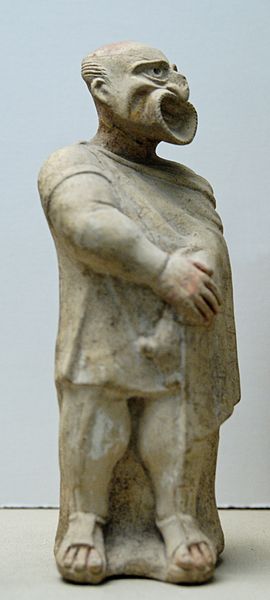Infinite photos and videos for every Wiki article ·
Find something interesting to watch in seconds
Tallest Buildings
Kings of France
Celebrities
Countries of the World
Largest Palaces
Famous Castles
Wars and Battles
Sports
Largest Empires
Ancient Marvels
Great Museums
Wonders of Nature
Recovered Treasures
Richest US Counties
Animals
Presidents
Great Cities
World Banknotes
Rare Coins
Great Artists
History by Country
Supercars
Best Campuses
British Monarchs
Crown Jewels
Orders and Medals
more top lists





